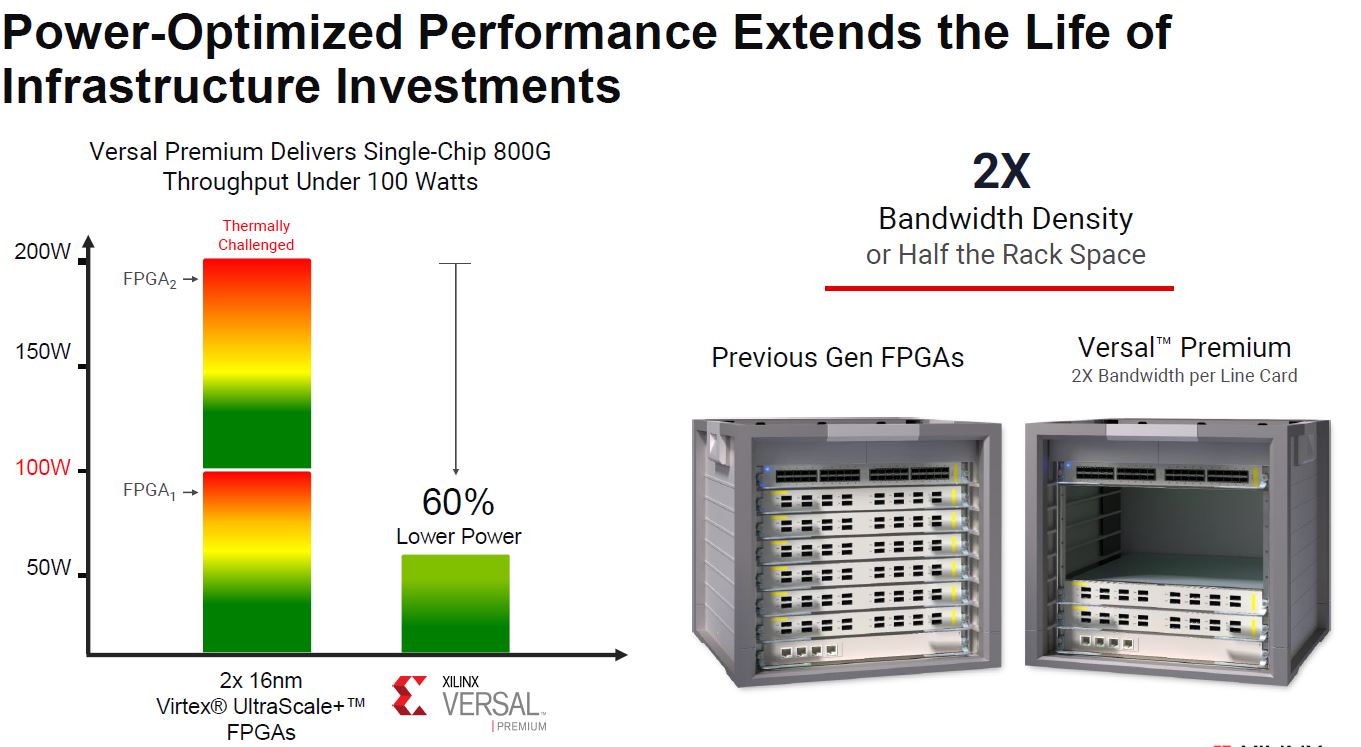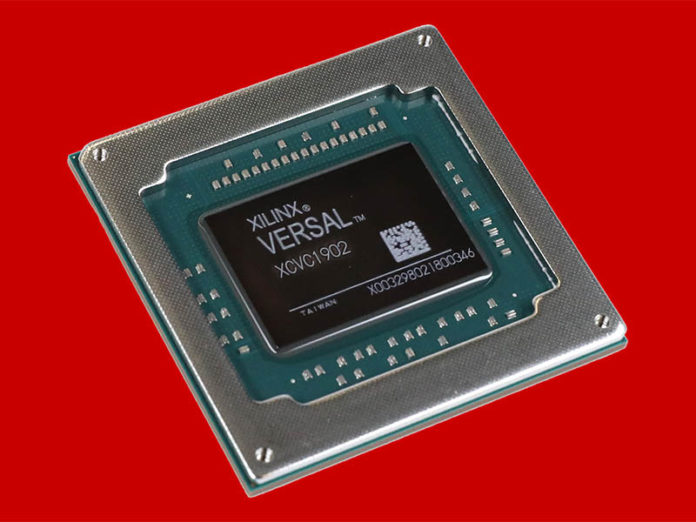Today we have some news from Xilinx and Samsung. Samsung has selected the Xilinx Versal ACAP for next-gen 5G base station equipment. Recently we covered the New Marvell OCTEON TX2 and Fusion CNF95xx 5G SoCs. Those chips have won as the primary SoCs in a number of designs from several of the big 5G operator equipment vendors. With a handful of large 5G equipment vendors gearing up for an enormous infrastructure build-out, each silicon win is a big deal.
Xilinx Versal ACAP Landing Samsung as a 5G Customer
Just a few weeks ago, we covered the Xilinx Versal Premium Launched for 5G Infrastructure. These chips offer high-speed I/O for network operators. Specifically, Xilinx’s new line of Versal ACAPs is being designed for multiple levels in the 5G infrastructure. They over a process shrink to 7nm, but also offer new accelerators and features that give them drastically higher performance and performance per watt.

In the press release, the companies mentioned that the Versal ACAPs would be used for beamforming and that is where the flexibility of the programmable chip comes into play.
Final Words
For Xilinx, this is a big win. The company has come under pressure over recent quarters first from trade restrictions. Winning one of the big 5G carrier equipment makers, even if it is for part of their solution, is a big deal for Xilinx. The 5G buildout is an enormous opportunity for infrastructure hardware providers and success in the next few years will be driven by selections like this one.
We know that the 7nm Xilinx Versal ACAP is shipping to customers on EAP. In the release, Xilinx says that the new chips will be shipping by the end of 2020. As we see these chips move from early access samples to generally available products we should see more examples of customers integrating these ACAPs. This is a big year for 5G infrastructure.





In other places Samsung was mentioned as a customer of the mentioned Marvell Fusion/TX2 products specifically in 5G base stations. Are these being used in conjunction, in complementary/separate products, or in replacement of? Marvell specifically called out CPU + FPGA as a combination they thought their products were better than, so this all points a rather murky picture of how things actually stand.
See also STH’s other article: New Xilinx RFSoC FPGA for 5G Networks
https://www.servethehome.com/new-xilinx-rfsoc-fpga-for-5g-networks/